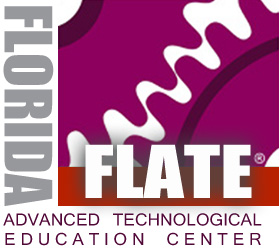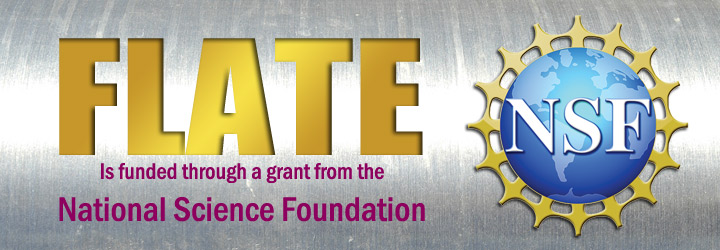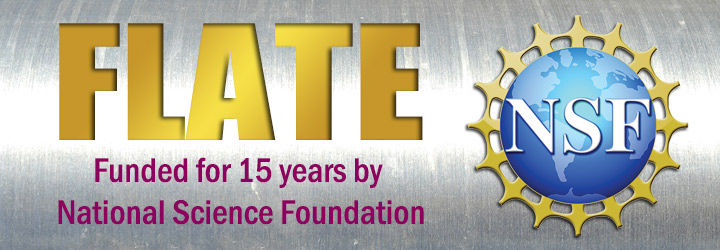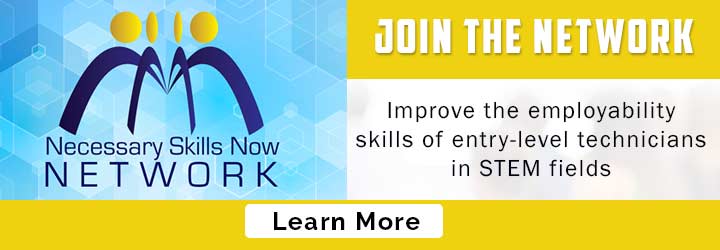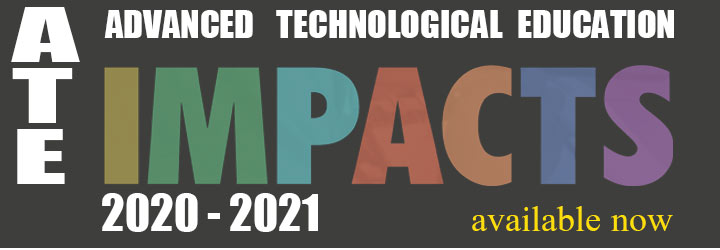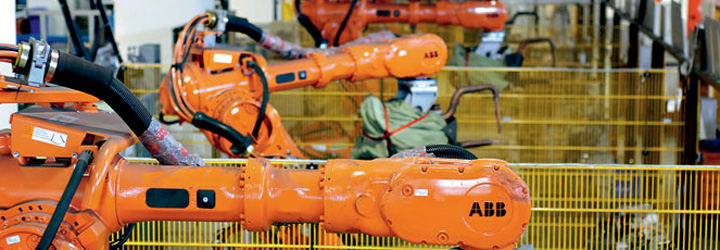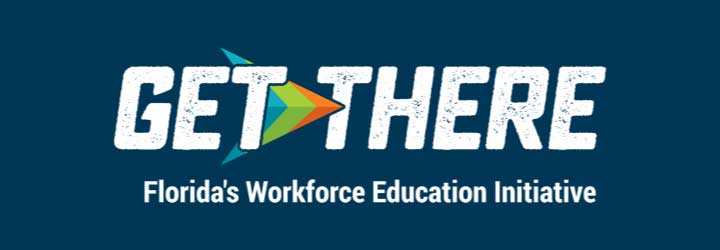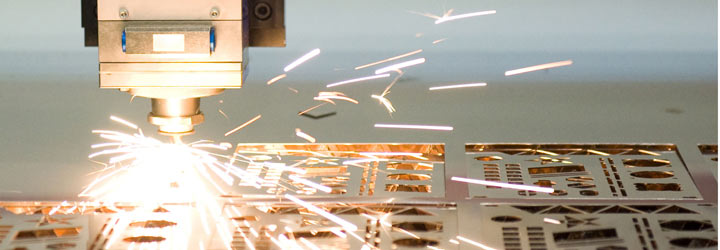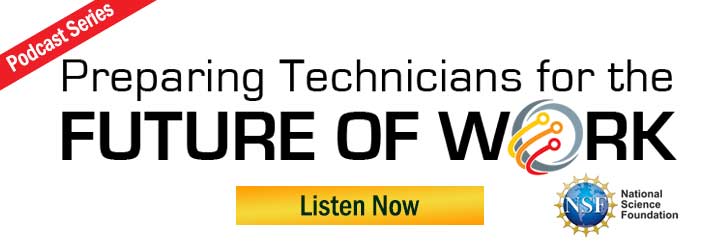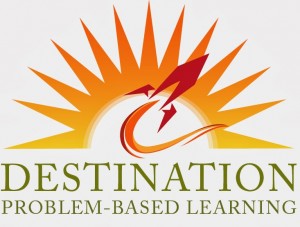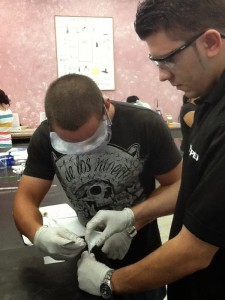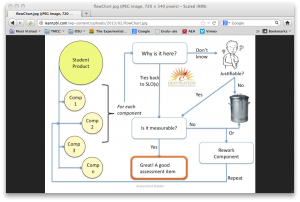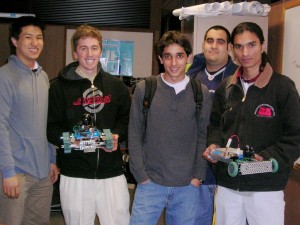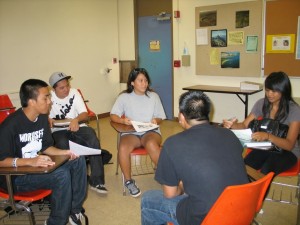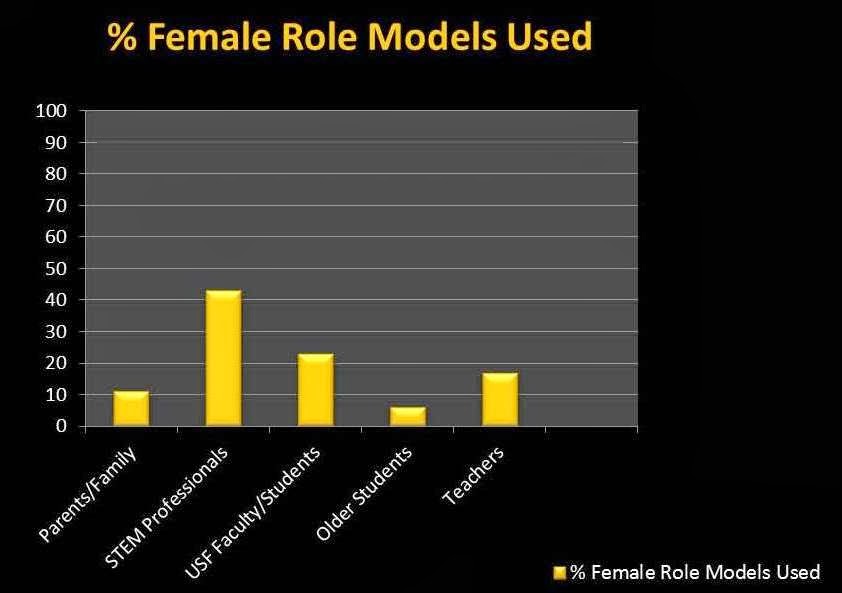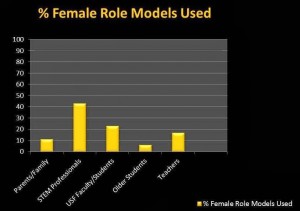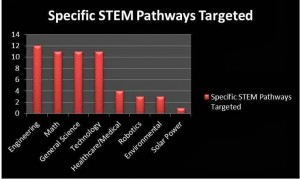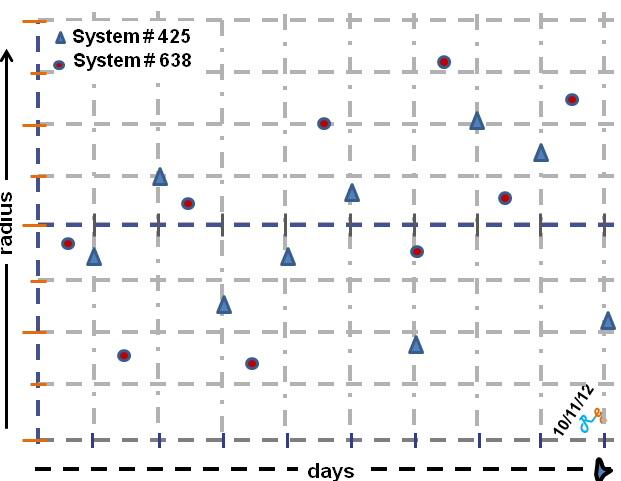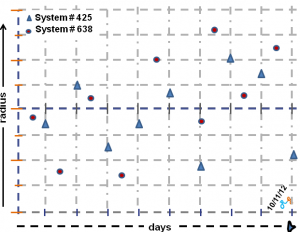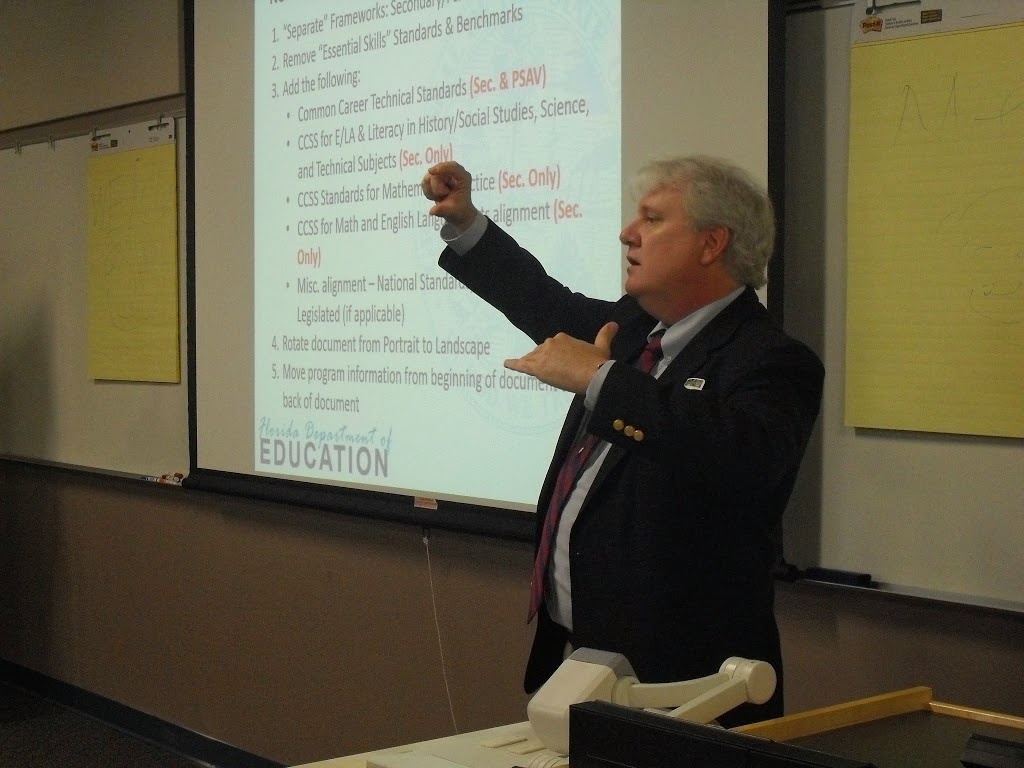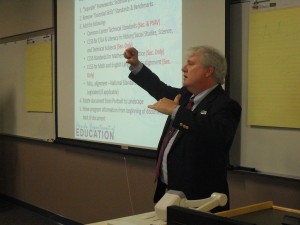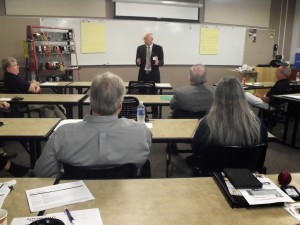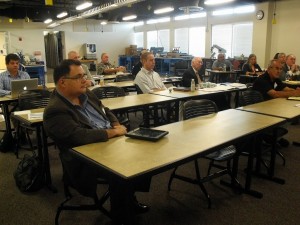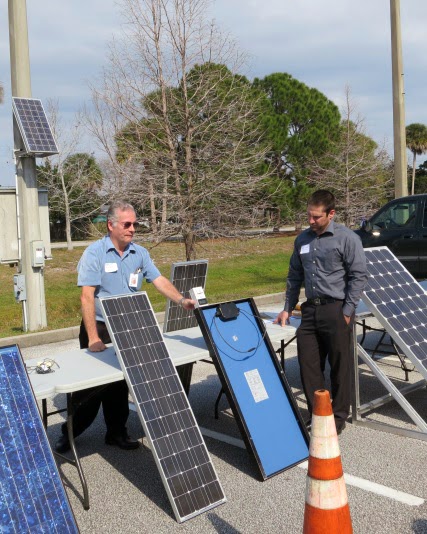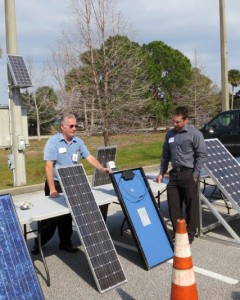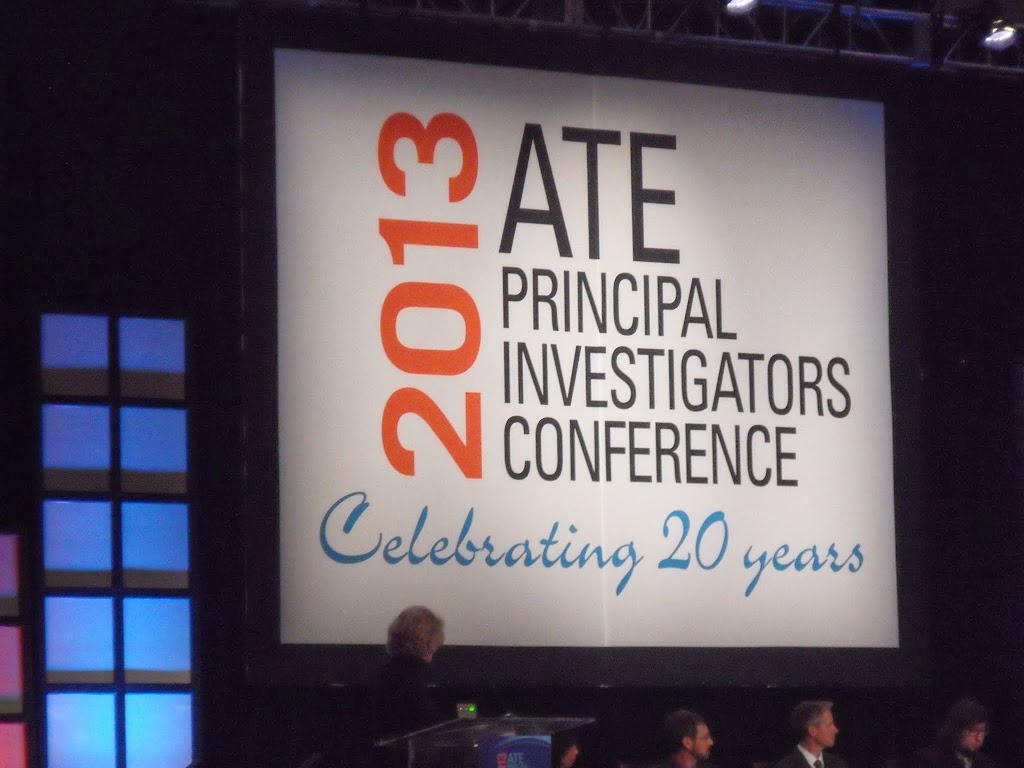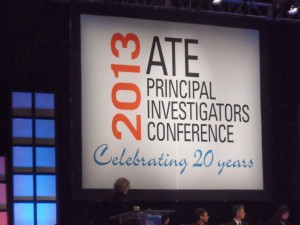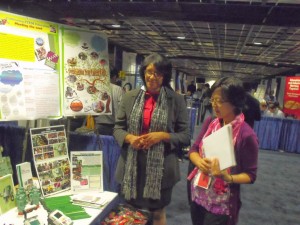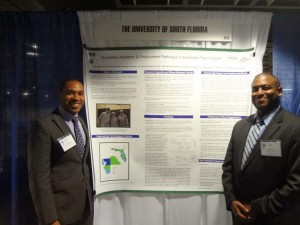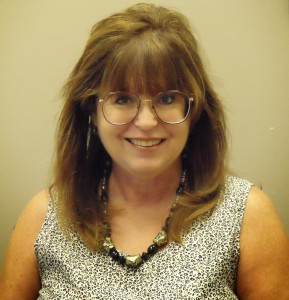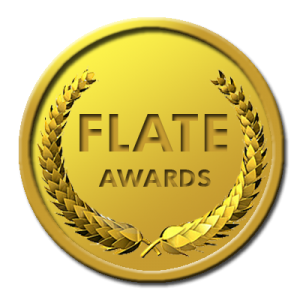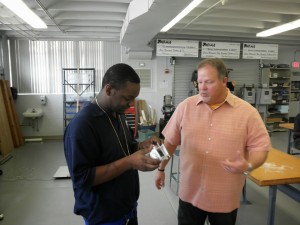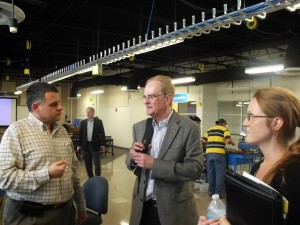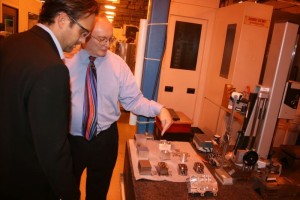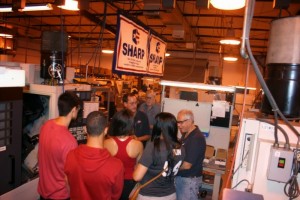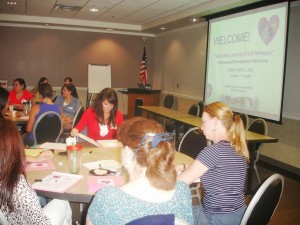resolution) milling machine, modeling software with stations for product design, a 3D printer, laser etcher, a computer controlled laser cutter, and a sign cutter. Many have added additional (optional) tools. A generic business model suggests charging a user fee for use of the lab and its equipment, that there is a full time lab tech/manager, and offer a number of services to the community of users (some for pay, others for free). They attract the independent inventor, craft makers, educators, students and the curious. Furthermore, the very “21st century, digitally-connected community” relies on modern social media tools and the individuals in the connected network to keep it going.
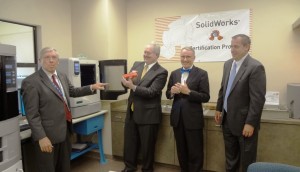 (CCET) at St. Petersburg College together with the DFLC are hosting a workshop that will delve into product design and prototyping with a hands-on approach. Community college educators from around the county will be gathering at the CCET at SPC’s Clearwater campus to engage not only in the technologies, but also in their place in community college technical programs like our Engineering Technology A.S. Degree, Electronics Engineering Technology, Drafting and Design, etc. If you live and work in Florida, you can find out more and register by contacting me at barger@fl-ate.org. If you do not live in Florida you can contact Jim Jannise at janisse@fvtc.edu.
(CCET) at St. Petersburg College together with the DFLC are hosting a workshop that will delve into product design and prototyping with a hands-on approach. Community college educators from around the county will be gathering at the CCET at SPC’s Clearwater campus to engage not only in the technologies, but also in their place in community college technical programs like our Engineering Technology A.S. Degree, Electronics Engineering Technology, Drafting and Design, etc. If you live and work in Florida, you can find out more and register by contacting me at barger@fl-ate.org. If you do not live in Florida you can contact Jim Jannise at janisse@fvtc.edu.
